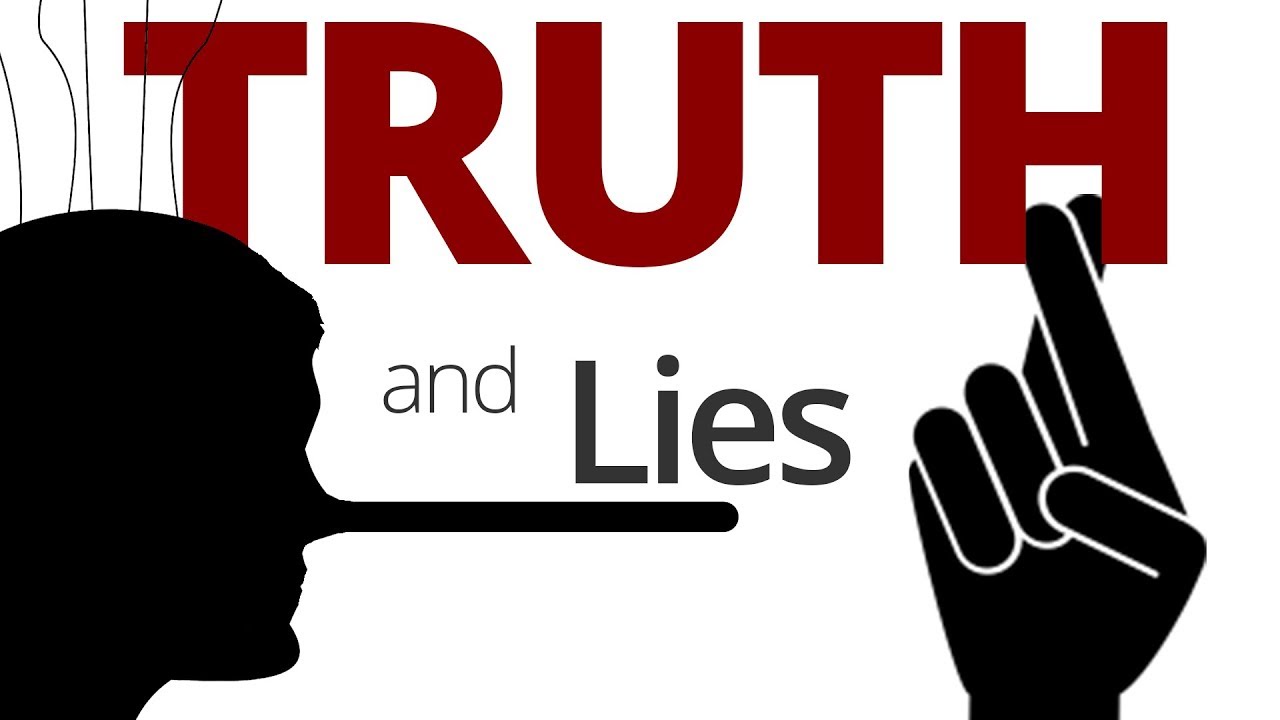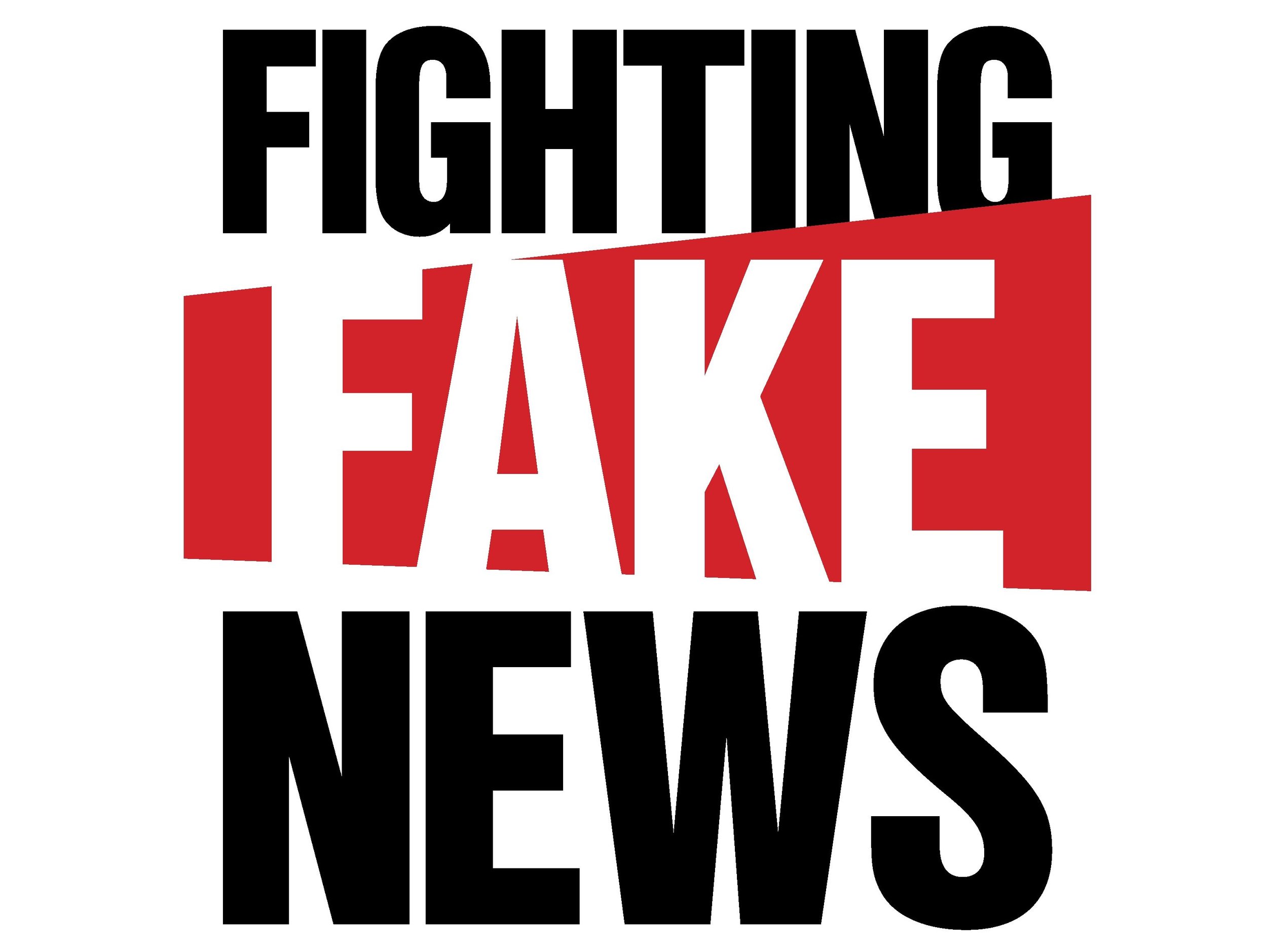When conducting market research (MR), two key areas to be aware of are biases and ethics. Bias is defined as prejudice in favor of or against one thing, person, or group; typically in an unfair way. Ethics are the moral principles that govern your behavior or how you conduct an activity. In this age of fake news, it is critical to ensure your research minimizes bias (yours and respondents) and you conduct ethical research. Conducting your research with minimal bias and with an ethical behavior is critical as a provider of market information to drive decision making, solve problems, or identify new opportunities.
Biases
You need to be aware of bias when conducting market research (MR). It is very easy to allow your biases to influence your research. Your biases can affect how you plan your research, design the research study, write your questionnaire, or interpret data. You must stay objective.
To avoid bias or uncover it when reviewing someone else’s research you must use critical thinking to analyze and evaluate the data and findings. Ask questions such as, who developed the research, why was it conducted, how was it conducted, etc. Think critically, carefully judge the results and conclusions, use logical reasoning, and be very objective. Keep emotions in check and maintain an open mind. During secondary research, do not let findings cloud your objectivity as you conduct your exploratory qualitative research.
During qualitative and quantitative data gathering, bias typically occurs due to how you word questions. Bias also occurs how you ask the questions. Therefore, avoid using biased language that encourages respondents to choose a specific answer or response. For example, do not use positive language such as “do you agree with …” The positive language will possibly sway the interviewee.
The same can happen with negative language or leading questions. You want to avoid influencing respondents in any way. For example, “If you found out your motorcycle was built with inexpensive and questionable parts from China, would you change your mind about Japanese motorcycles (Weston, 2009)?”
Leading questions can prompt or encourage a specific answer. For example, Isn’t it true that Japanese cars are more reliable than American-made automobiles? or “Don’t you agree that providing children with mandatory healthcare is a right of every citizen?” or “How would you rate career of legendary football quarterback Joe Montana?”.
During qualitative data gathering, maintain a relative level of anonymity and neutrality. Do not share too much personal information with the people you are interviewing. You can introduce bias if attendees know facts about you such as you were born in a foreign country, you are a Democrat, you hunt, or other personal information. Knowing about you and your beliefs can cause interviewees to stereotype resulting in agreement or disagreement with what you ask. Also, be cognizant of what you wear during the research. If you are interviewing farmers in Nebraska, you probably don’t want to display tattoos, piercings, or wear a t-shirt emblazoned with a Democratic senator’s face on it. Don’t take the chance, be neutral. Your job is to gather information, not present your opinions. Also, don’t ask about past events. Another bias to avoid is selection bias.
Human’s memories are not very accurate. Recall bias may occur causing past events to be remembered differently, skewing results (Wheelan, 2013). For example, if you ask someone how he or she felt when they first rode a motorcycle 25 years ago, you will not get an accurate response. They might remember it as a joyful experience, but at the time, they were very scared and did not want to ride. Human memory is fragile, try to avoid historical questions as much as possible. If you include historical questions, provide cues to assist the respondent in remembering past events . Recent experiences are typically more accurate than past events.
Selection bias (sometimes referred to as sampling error) occurs when you select a sample that is not representable of the population (it weakens external validity, or the ability to generalize the results to the overall population). It can easily cause the sample to provide inaccurate or misleading information. For example, you want to survey people on the general attitudes of U.S. citizens towards gun ownership. If you only survey white males, over 55 years old, and living in southern Arkansas, there is a strong probability your results will note strong, positive attitudes toward gun ownership. For a proper understanding of U.S. citizens’ opinions on gun ownership, you need to sample a wide range of people, from different ethnic groups, and geographical locations. To avoid selection bias (and potentially inaccurate results), have several people review the sampling procedure to ensure no issues are identified (before you conduct the research).
Most importantly, strive to be objective in every aspect of your research. From planning to writing surveys to choosing a sample and interpreting data, the only things that matter are your objectivity and integrity. Be viewed as someone who honestly reports what is happening in the market, not sugarcoating bad news or trying to get something you want to be approved. If you gathered the data objectively and it agrees with your hypotheses, then your intuition was right. However, always let the data guide decision-making (along with subject-matter knowledge and intuition). Lastly, have several people review your discussion guide or questionnaire; this will help identify and eliminate any potential issues (before you conduct research).
Do not allow your experience to bias your research. Begin your research with naivety and an open mind. Also, be extremely ethical in how you conduct your research. Ethics play a major part in research. Your integrity and ethical behavior and actions are what communicates your reputation as a source of accurate and reputable information.
Ethics
Ethics are the moral principles that guide an individual’s behavior. As a market researcher, you must conduct yourself with honesty, fairness, and confidentiality (MRA, 2013). Most importantly, you must always treat respondents with respect and in a professional manner (MRA, 2013). You need to handle respondent data with confidentiality. Your integrity as a trusted source of information is dependent on your professionalism and objectivity. You must always report your MR results accurately and honestly (MRA, 2013). The following are a few areas to pay attention when conducting MR. Most importantly, have empathy and respect for participants.
Avoid invading the subject’s privacy. Maintain respect and confidentiality of your respondents’ personal information and data (Graham, 2003). As organizations collect an increasing amount of consumer data, you must honor respondent requests. For example, if a customer requests to be removed from an email list, remove her information. Don’t frustrate customers.
Breaches of confidentiality is another ethical issue for researchers. Sharing customer information without their permission is unethical and can often result in legal penalties. For example, you sell your customer data to another company, and they solicit business from these customers. Never share respondent information without permission.
You need to be transparent; honor all promises to respondents (MRA, 2013). For example, do not cloak MR as a covert way to sell your products or services. Research should be a stand-alone activity that focuses on gathering data to answer questions and drive business decisions. Never allow sales pitches or product endorsements during your research.
Most importantly, your research should never harm. Do not harm subjects (physically or mentally) when conducting a field experiment. For example, you perform a taste test between two beverages. You do not inform the participants that the drinks contain alcohol. One person has an adverse reaction to alcohol and goes to a hospital. A second subject was a recovering alcoholic and now begins drinking again. Not clearly explaining the research to respondents can result in harmful effects on participants and flawed results. Approach your research with the mindset that if your study were shared on national news, your friends and family would be proud.
Another way researchers conduct unethical research is with lengthy qualitative data gathering sessions. For example, you recruit focus group participants for a 90-minute session. At two hours, you keep asking questions and explain that you only need a few more minutes of their time. After 180 minutes, attendees start complaining and state they do not want to participate any longer. You must protect the respondents’ rights and respect their requests. Your research should not adversely affect attendees.
Never lie and subject individuals or groups to unreasonable research tactics. No matter how many executives are behind the one-way mirror and keep requesting additional questions, it is your job to focus on the attendee’s health and well-being and treat them accordingly. Keep respondents happy and you will be able to contact them later for future research studies.
Ethical behavior is critical in every aspect of the business. However, as a market researcher, you are beholden to higher standards and trusted with customer’s confidential information. Always conduct MR ethically. Don’t lie to respondents, don’t manipulate the data to tell a story, and most importantly do not design a research study to support personal agendas.
Conclusion
Ensuring your MR has minimal bias and is conducted with a high level of ethical behavior is critical for a successful project. Minimizing bias with awareness, critical thinking, and careful planning will ensure you collect valuable information to inform decision makers, help solve problems, or find new market opportunities.
Ethical research is critical to your reputation as a source of objective and accurate data. Never take “short cuts” or deceive when planning and conducting research. Avoid negatively influencing participants with leading language, deceitfully worded questions, or field experiments that are “gamed” to produce a desired result.
As a market researcher, it is your obligation as a trusted source of information to gather data and present it accurately. Holding yourself to high standards will ensure you have a strong reputation as a trusted source of valuable information that strives to improve the organization, rather than political or personal gains. Always ask questions to ensure your research plan, questionnaire, analysis, etc., is unbiased and conducted ethically.










